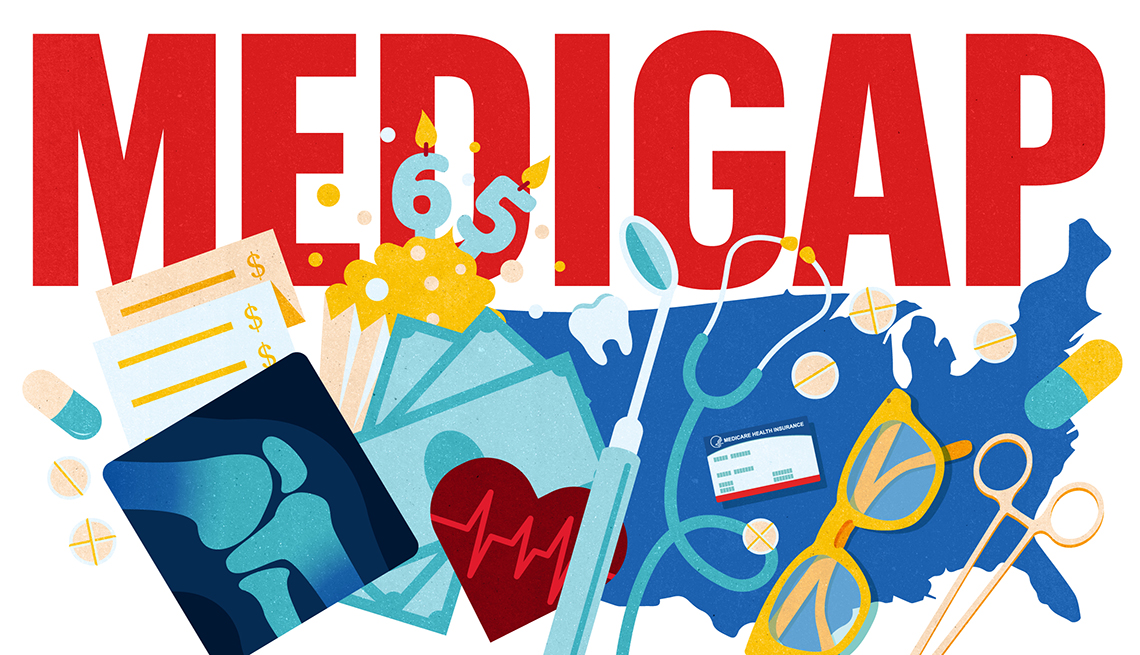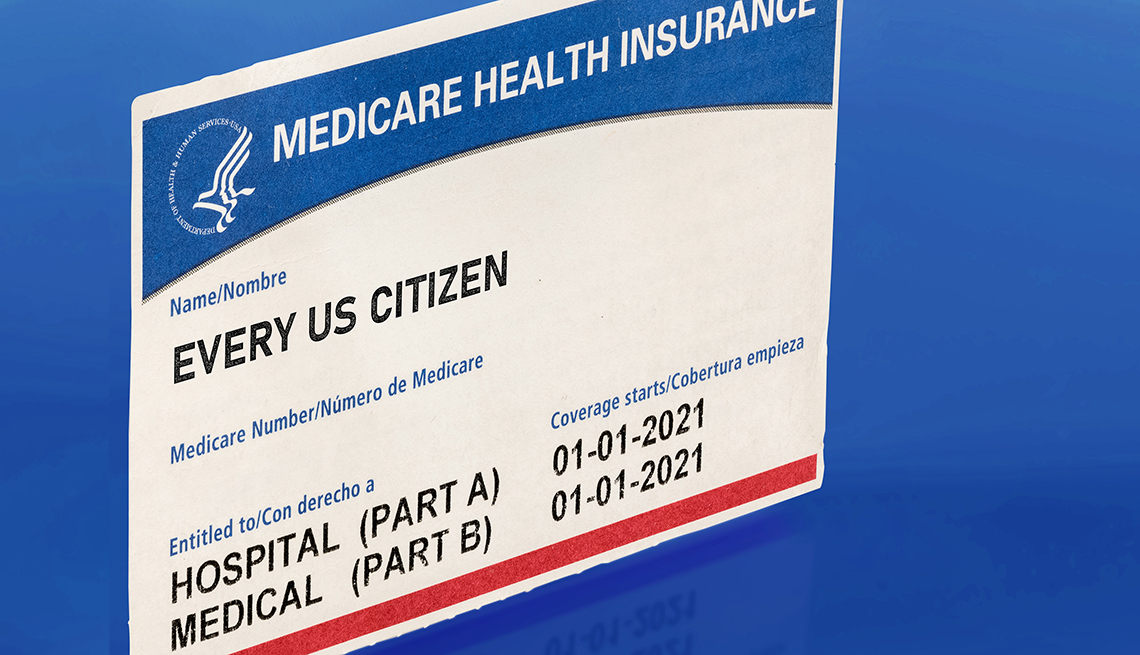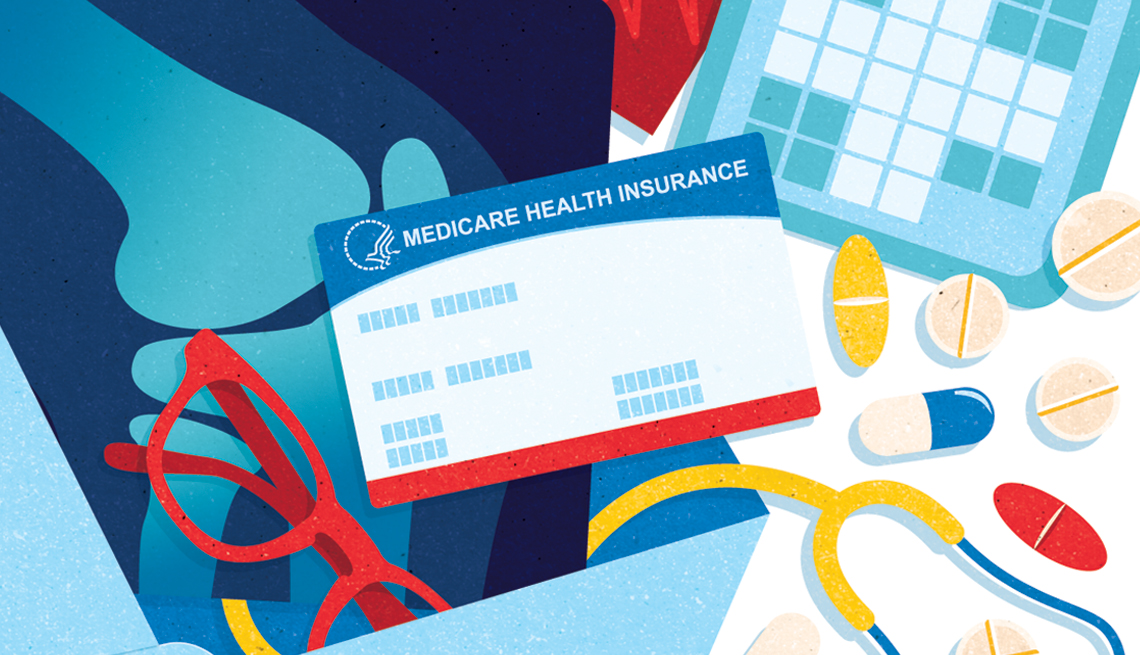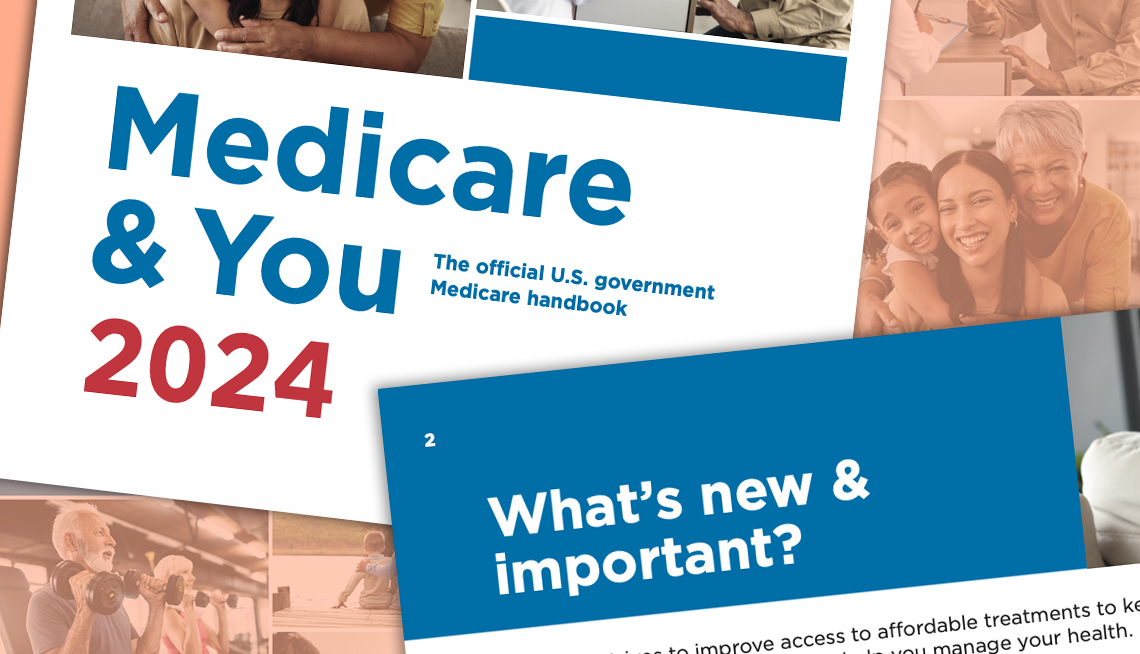Staying Fit


Medicare’s Part B standard monthly premium will fall to $164.90 in 2023, a $5.20 decrease from 2022, the Centers for Medicare & Medicaid Services (CMS) announced on Sept. 27. The open enrollment period to make any changes to next year’s Medicare coverage begins on Oct. 15 and goes through Dec. 7.
The premium drop comes in the wake of the big 2022 increase, the largest dollar increase in the history of the program. Part B covers doctor visits, diagnostic tests and other outpatient services. Most Medicare beneficiaries have Part B premiums deducted directly from their monthly Social Security payments.


AARP Membership— $12 for your first year when you sign up for Automatic Renewal
Get instant access to members-only products and hundreds of discounts, a free second membership, and a subscription to AARP the Magazine.
Next year’s premium decrease makes good on statements this year by Health and Human Services Secretary Xavier Becerra that the money Medicare was saving because spending on Aduhelm, a new Alzheimer’s drug, was not going to be as high as expected would be passed on to beneficiaries in 2023. Spending on other Part B services is also projected to be less than anticipated.
AARP had called on CMS to lower the Part B premium for 2022 after Aduhelm's manufacturer lowered the price and the agency approved the medication on a limited basis.
“Today’s announcement of lower Part B premiums and deductibles is welcome news for seniors who are struggling with rising costs due to inflation,” said Nancy LeaMond, AARP executive vice president and chief advocacy and engagement officer. “Reducing their Medicare expenses, combined with the expected cost of living adjustment for Social Security, will provide much-needed financial relief for older Americans.”
CMS also announced the premiums for those Medicare enrollees who pay higher monthly charges because of their income. Those charges will also decline. Part B beneficiaries with annual individual incomes greater than $97,000 will pay more than the standard premium — how much more will depend upon income. For example, someone filing an individual tax return whose income is between $97,000 and $123,000 will pay $230 a month for Part B. CMS says about 7 percent of Medicare beneficiaries pay more than the standard monthly premium.
Most Medicare enrollees must pay the Part B premium whether they have original Medicare or a private Medicare Advantage plan. Some Advantage plans offer a “giveback” benefit where the insurer covers part or all of a member’s Part B monthly premium. Consumers can find those plans on the Medicare plan finder. Deductibles in Medicare Advantage vary by plan.























































































More from AARP
How Can I Pick the Best Prescription Plan For My Needs?
It needs to cover all your medicines at the lowest costWhen 9 Biggest Medicare Changes Under New Rx Law Go Into Effect
A year-by-year implementation timeline of the Inflation Reduction Act’s health provisionsAARP Research: Prescription Drugs That Cost Medicare the Most
Brand-name manufacturers still increasing medication prices